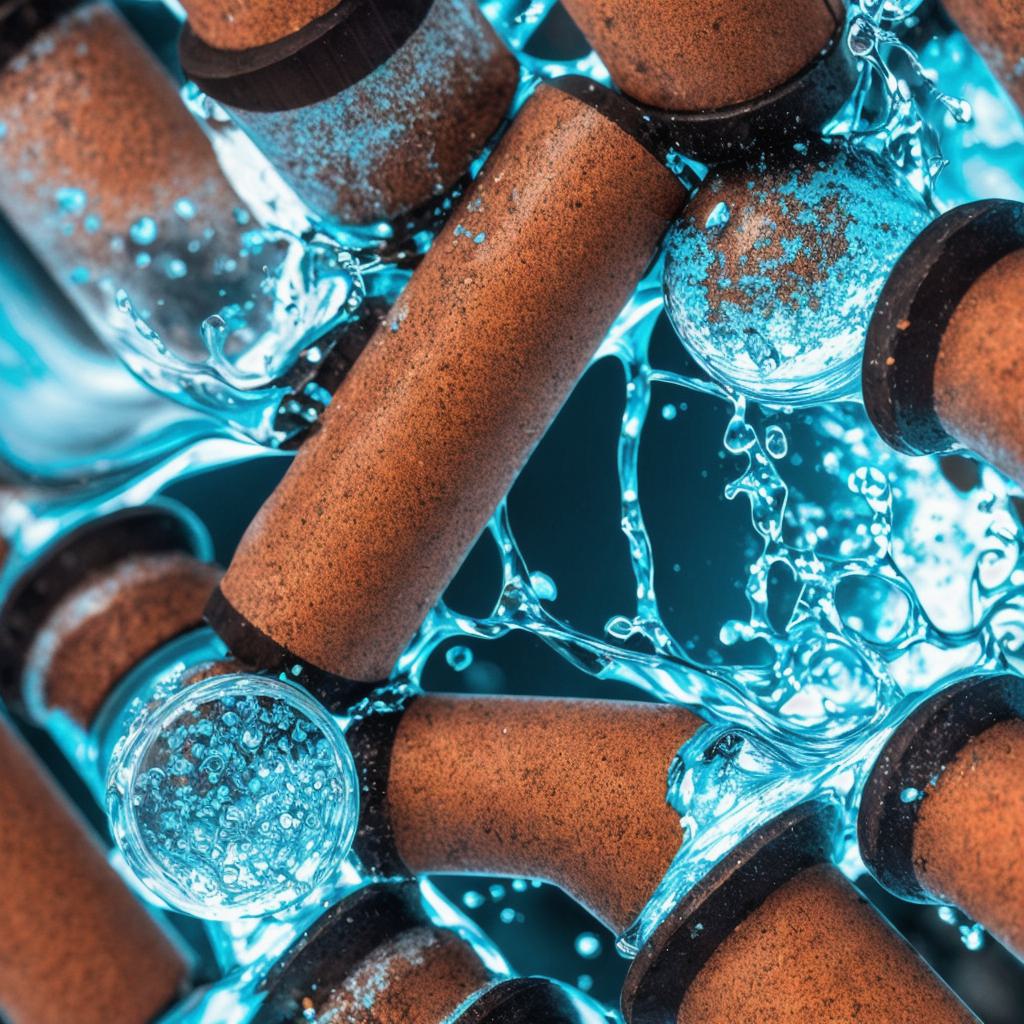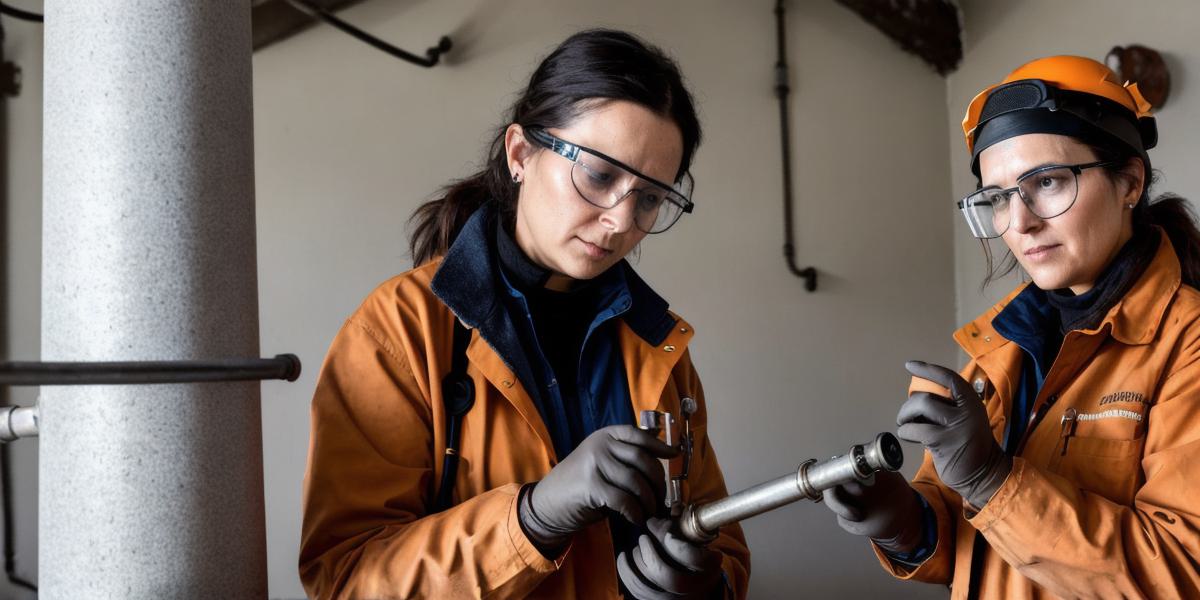Pipe corrosion is a serious issue that can lead to leaks, water loss, and even property damage. It affects both residential and commercial buildings and can occur due to various factors. In this article, we will explore the common causes of pipe corrosion and how it can be prevented.
Causes of Pipe Corrosion:

- Chemical reactions: Chemicals in water can react with the materials used to make pipes, causing them to break down over time. This is especially true for older pipes made from materials that are less resistant to chemical reactions.
- Aging and wear: Pipes can become weakened and worn over time, making them more susceptible to corrosion. This is especially true for pipes that are exposed to harsh weather conditions or are subjected to extreme temperatures.
- Poor maintenance: Neglecting to maintain pipes can lead to corrosion. This includes not regularly cleaning and inspecting pipes, as well as failing to address leaks or other issues promptly.
- Leaks: Leaks can cause water to sit on the surface of pipes, which can then seep into the metal and cause corrosion.
Prevention of Pipe Corrosion:
- Use high-quality materials: Using high-quality materials that are resistant to chemical reactions and wear can help prevent pipe corrosion. This includes using stainless steel, cast iron, or other materials that are less prone to corrosion.
- Regular maintenance: Regularly cleaning and inspecting pipes can help prevent corrosion by removing any buildup or damage before it becomes a serious issue.
- Use corrosive-resistant coatings: Applying a protective coating to the outside of pipes can help prevent corrosion from occurring in the first place.
- Fix leaks promptly: Fixing leaks as soon as they are detected can prevent water from sitting on the surface of pipes and seeping into the metal.
- Use descaling solutions: Descaling solutions can be added to the water supply to remove any buildup or minerals that can cause corrosion.
Case Study:
In a small town in the Midwest, a community was experiencing frequent water main breaks and leaks. The town’s plumbing system was over 50 years old, and many of the pipes were made from outdated materials that were prone to corrosion. The town’s mayor decided to take action to prevent further damage and improve the quality of the community’s water supply.
The town hired a team of plumbers to inspect the entire water system and identify any areas that were prone to corrosion. They used advanced equipment, including ultrasonic testing and video inspection, to identify any leaks or other issues. The team then replaced all of the outdated pipes with new, high-quality materials that were resistant to corrosion.
Since the new pipes were installed, the town has experienced significantly fewer water main breaks and leaks. The community’s residents are thrilled with the improved quality of their water supply, and the town’s mayor is proud of the steps taken to prevent further damage.
FAQ:
Q: What are some signs of pipe corrosion?
A: Some signs of pipe corrosion include leaks, discolored water or stains on walls or floors, and a decrease in water pressure.
Q: How can I prevent pipe corrosion in my home?
A: To prevent pipe corrosion in your home, you should use high-quality materials, regularly maintain your pipes, apply protective coatings, fix leaks promptly, and use descaling solutions.



